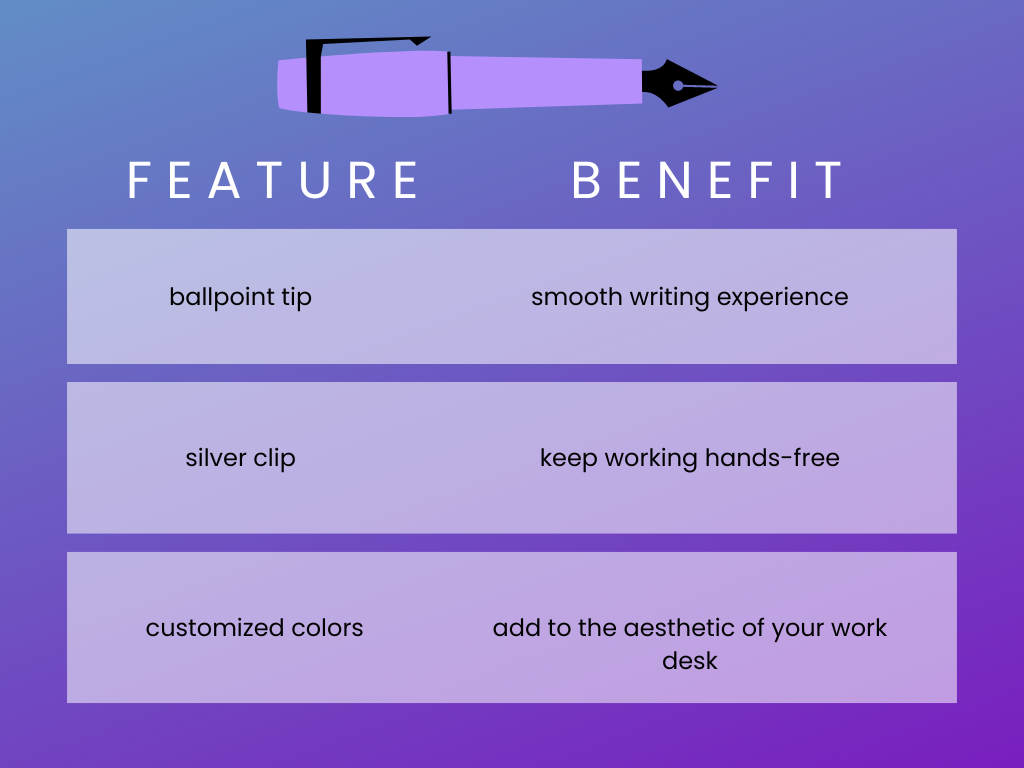Productivity Hacks for Blog Writers
It’s exciting to see content marketing bloom as a profession. However, there is a downside - competition increases as businesses invest more budget into content.
Here are the top challenges content marketers face:
Balancing quality with quantity in a rigorous schedule
Ranking for search terms that have become over saturated
Finding original topics and viewpoints
Don’t let anyone tell you writing is easy - keeping up with competing blogs is challenging! But when armed with the right mindset and tools, you’ll be able to jump ahead of the competition.
In this blog, I’ll explore a few methods to help with inspiration, efficiency, and organization to keep your sanity.
1. Batch your work by tasks.
Batching your writing tasks by which tools you’ll use (rather than which blog post you’re working on) is a way to stay focused and work faster. That means you should dedicate a full day to outlining 5 blog posts, rather than dedicating a full day to researching, outlining, writing, and editing a single blog.
In this blog post about writing productivity and organization, you can read more about task batching and how it helps you achieve the flow state of mind.
2. Find ways to quickly generate ideas.
Coming up with content topics should not be a roadblock! Here are a few ways to keep the ball rolling.
Look at competitor blogs for inspiration, or talk to your coworkers for ideas.
Use my list of 19 rapid writing prompts. I wrote these to work in any industry!
Revamp or republish older blog posts, whether you’re creating a new version or updating the original. Remember that your readers would rather read a web page with a recent publish date than an older page - no matter the quality of the latter.
Want to level up your writing career?
3. Provide an outlet for blog suggestions.
Your company’s subject matter experts are a wealth of information for your blog. They are likely in the weeds with the industry, talking to customers, and doing above-and-beyond strategic research.
You might get too many suggestions from your coworkers, or you might not get any at all. Either way, creating a method for them to communicate thoughts will keep you focused.
Create a project board or an Excel spreadsheet to gather ideas from others. As they have a thought, they now have a place to put them without distracting you. And now, you have a place to refer to these ideas when you’re ready to plan content.
4. Keep organization out of your web browser.
Dear writers and non-writers: always rely on a non-browser tool to stay organized. Why? Having 20 tabs open is unproductive and overwhelming. Not only are the tabs visually chaotic, you’ll often lose your place and forget which tab houses what you’re looking for.
Instead, use a tool like Evernote to stay organized. Evernote is a desktop app that stays out of the chaos of your browser. You can create checklists, meeting notes, tables, and more for free! Beyond blog organization, I use this tool for daily task lists, questions I think of during a meeting, or notes to guide me when I’m presenting.
5. Implement a content repurposing strategy.
Remember that any case study, whitepaper, eBook, or service page can likely be turned into a blog post. That’s where your content repurposing strategy comes into play.
My favorite way to repurpose is to bundle content. For instance, you could bundle short versions of related case studies into an article. Or, bundle other blog posts into a resource page - like I did for my content resource hub.
It’s okay to have several different formats for a single message. That’s because different people navigate to content (and consume it) differently. Some people browse blog posts they find organically, some will know your brand and go straight to your homepage, and others will land on a paid campaign landing page. Just make sure you are using canonical tags (or rewriting content rather than copy/paste) to avoid duplicate content penalties!
Writing momentum is good for your career!
Following these principles can keep you focused, happy, and moving forward each day. With so much of your work performance attached to the volume produced, the worst thing that can happen to a writer is feeling stuck or spinning wheels.
Thanks for reading! You might also like…















